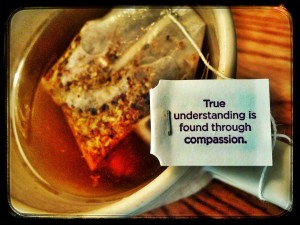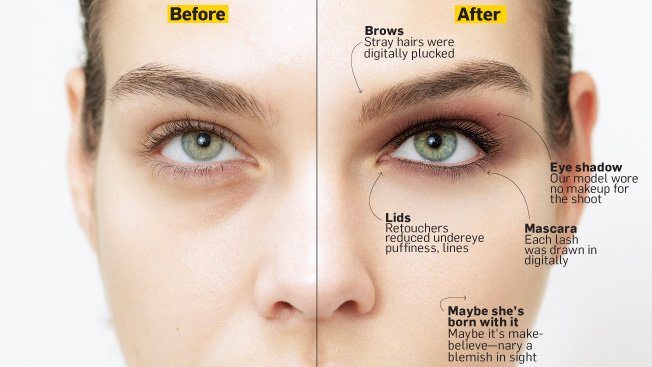Please note, this is Part One of a series. Click here to jump to Part Two or follow the link at the end of this post. Part Two contains some very important information that greatly expands upon some of what is raised here.
Somehow I managed to miss the name Candice-Marie Fox when I was going through earlier research on foods that are claimed to cure cancer, of which her pineapple diet ranks as one of the more ludicrous. Through the grapevine, I learned of this diet yesterday and immediately I wanted to find out if there was anything plausible about it. Certainly, pineapple is healthy to eat and it is often used for digestive issues due to its enzymatic activity, so I wanted to give it the benefit of the doubt. Of course, I did not expect that there would be an actual cure in there, but maybe I could ascertain some actual benefits to the diet that transcended my initial skepticism. I was excited about this possibility; less so about discovering one more person preparing to cash in on a faux cure.

A quick Google search brought up hundreds of articles online about how this woman, Candice-Marie Fox, a former model (always in the lead of the story), beat “Stage 3” or “Stage 4” (depending on the article) thyroid cancer by “ditching her husband” and eating a diet dominated by pineapple and other fruits. As is often the case in this sort of story, even as it is translated into multiple languages, the text is almost identical from web site to web site. And most of those articles can be traced back to a source in that British rag called the Daily Mail — not exactly a solid, investigative news source.
A few other “news” outlets picked the story up. It makes great click bait, after all. But fascinatingly, these actual news stories manage to get a whole bunch of facts wrong. Which is not surprising, as the former model herself seems to trip over her own facts many times, even in interviews on other web sites after her celebrity began to grow.


